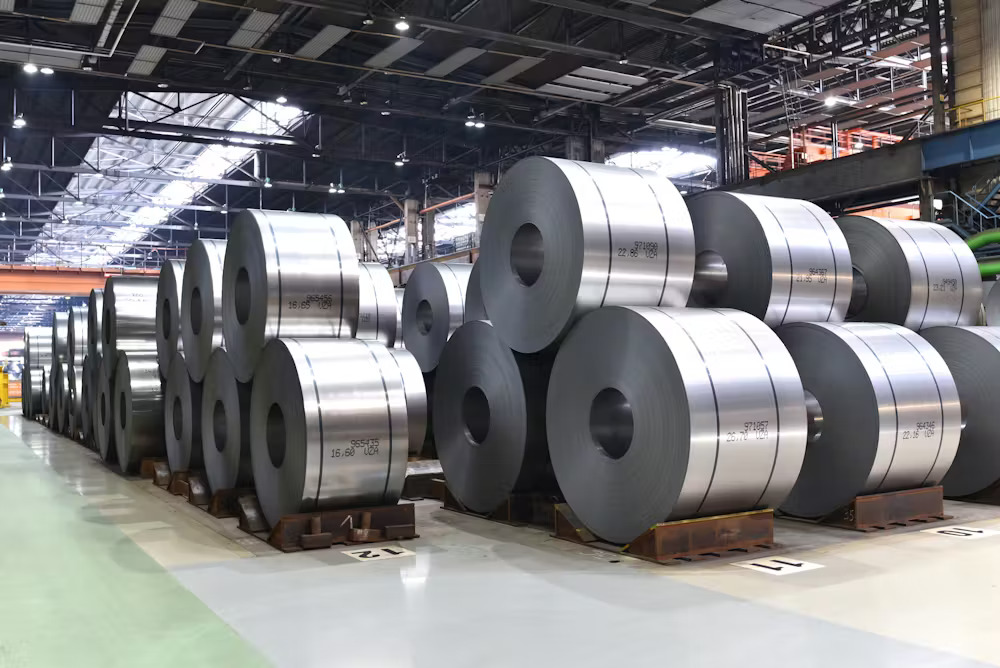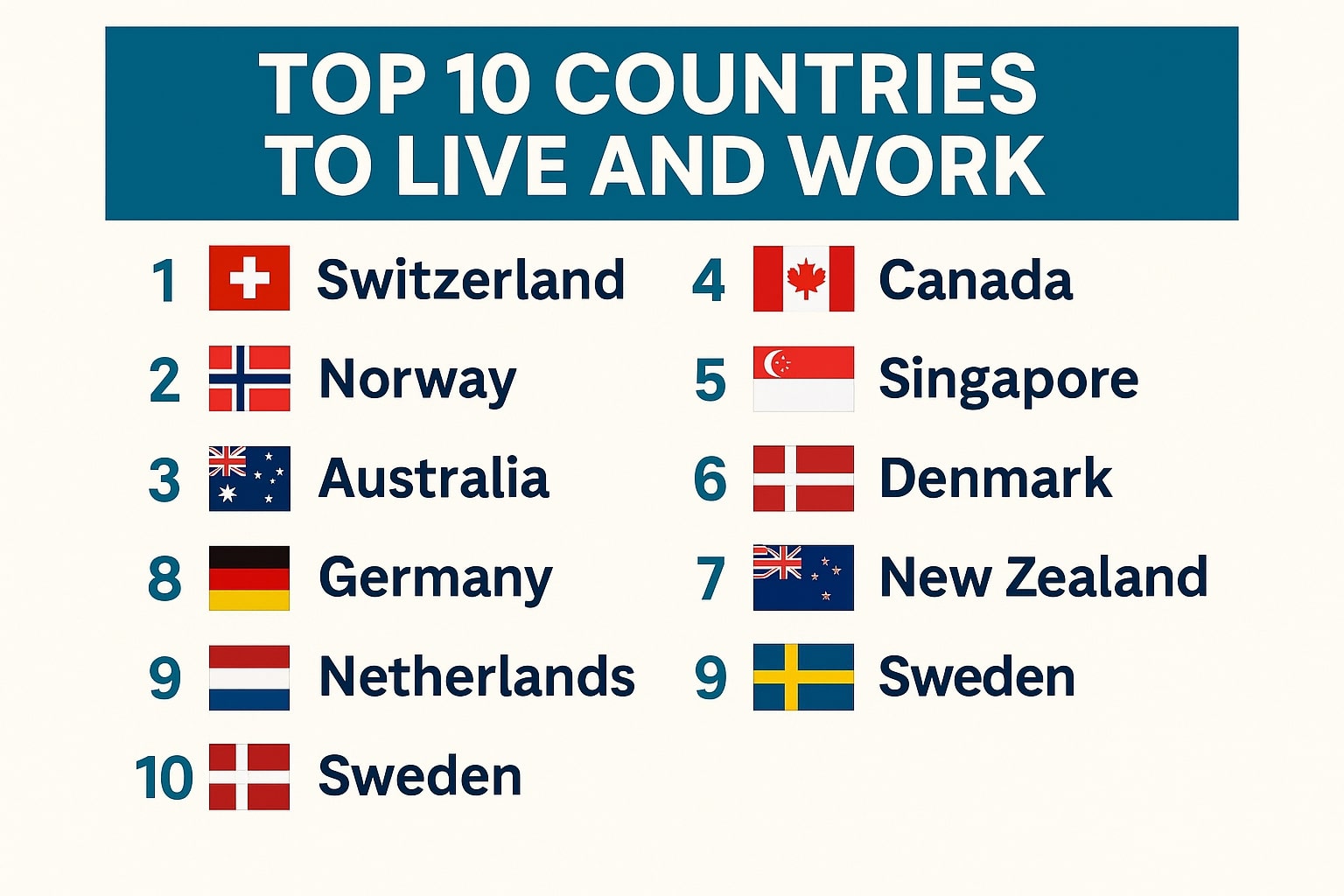The Ripple Effect of Tariff Hikes: How Metal Markets and Manufacturing Are Responding

Strong 8k brings an ultra-HD IPTV experience to your living room and your pocket.
Tariffs on imported metals have sent noticeable shockwaves through the global supply chain. From large manufacturers to small fabrication shops, everyone is adjusting to rising costs, supply delays, and shifting sourcing strategies.
As nations introduce new trade policies, companies dependent on materials like steel and aluminum are reassessing how they operate. It’s not just about prices—it’s about long-term survival and adaptability in a more complex global market.
Understanding this ripple effect is essential for businesses and individuals navigating today’s rapidly changing industrial economy.
New Trade Rules, Immediate Costs
When governments impose tariffs on imported goods, the intention is to protect domestic industries from being undercut by cheaper foreign products. But for companies that rely heavily on imported metals, those protections come with a price.
Within weeks of the new tariffs taking effect, many firms reported sharp increases in procurement costs. In the U.S. and Europe, industrial metal prices rose by 8% to 20% depending on the alloy and volume. This affects a wide range of industries — including automotive, construction, heavy machinery, and appliance manufacturing.
Small and Medium Enterprises Feeling the Pinch
For larger corporations with diverse supplier networks and greater capital, absorbing the price hikes is challenging but possible. Smaller businesses, however, don’t have that luxury.
Local manufacturers and metal processors are particularly vulnerable. They're often locked into contracts, can’t afford to bulk-purchase, and have fewer supplier alternatives. These businesses are now looking for ways to reduce overhead, delay non-essential purchases, or even shift operations to tariff-free regions.
Steel Industry Outlook: Domestic Mills Benefit… For Now
There is a silver lining for some. Domestic producers, especially steel and aluminum mills, are seeing increased demand. With foreign products becoming more expensive, local buyers are turning inward.
However, experts caution that this may not be sustainable. Higher raw material costs can lead to reduced production in downstream industries, lowering overall demand for domestic metal in the long run. The current steel industry outlook shows short-term gains but long-term uncertainty.
Supply Chains Are Rethinking Everything
The introduction of tariffs has forced a full re-evaluation of global supply chains. Manufacturers that once relied on a single low-cost international supplier are now diversifying sources or shifting to regional suppliers.
Some companies are exploring reshoring — bringing production back home — while others are investing in inventory buildup to guard against future price hikes or trade disruptions. The goal? Stay agile and reduce dependency on unpredictable import routes.
Impact on Global Manufacturing Trends
The bigger picture goes beyond any one country. Around the world, businesses are adapting their strategies to respond to trade shifts. This is affecting global manufacturing trends, as industries become more regionalized and supply decisions are driven by stability rather than cost alone.
In Asia, some suppliers are exploring new markets, while in North America, there’s renewed focus on local production capacity. In Europe, trade tensions have accelerated investment in alternative materials and green technologies.
Sustainability Setbacks and Opportunities
One unfortunate side effect of these tariff hikes is the setback to sustainable sourcing. Many companies had been moving toward cleaner, recycled, or low-carbon metals, often from global suppliers. But with tariffs driving up the cost of these imports, some are reverting to older, less sustainable options.
Still, others see opportunity. Demand for recycled metals and alternative materials may push innovation and local sourcing. Startups offering carbon-neutral manufacturing solutions are beginning to attract more attention from investors and industry leaders.
How Businesses Are Adapting
Forward-thinking companies aren’t just reacting — they’re planning. Here are some common steps being taken:
- Strengthening relationships with regional suppliers
- Negotiating long-term contracts to lock in better prices
- Increasing operational efficiency to cut waste
- Using technology to track real-time supply and pricing
- Reassessing sourcing and logistics strategies
These shifts aren’t just about dealing with tariffs — they’re about building resilience for the future.
Final Thoughts
Trade tariffs are changing how the metal industry operates — from the cost of goods to where and how they’re made. While domestic producers may benefit in the short term, the broader manufacturing ecosystem is being forced to rethink strategies and supply chains.
In this new environment, the companies that succeed will be the ones who stay flexible, watch global markets closely, and embrace change as a path to smarter, more sustainable growth.
Note: IndiBlogHub features both user-submitted and editorial content. We do not verify third-party contributions. Read our Disclaimer and Privacy Policyfor details.







